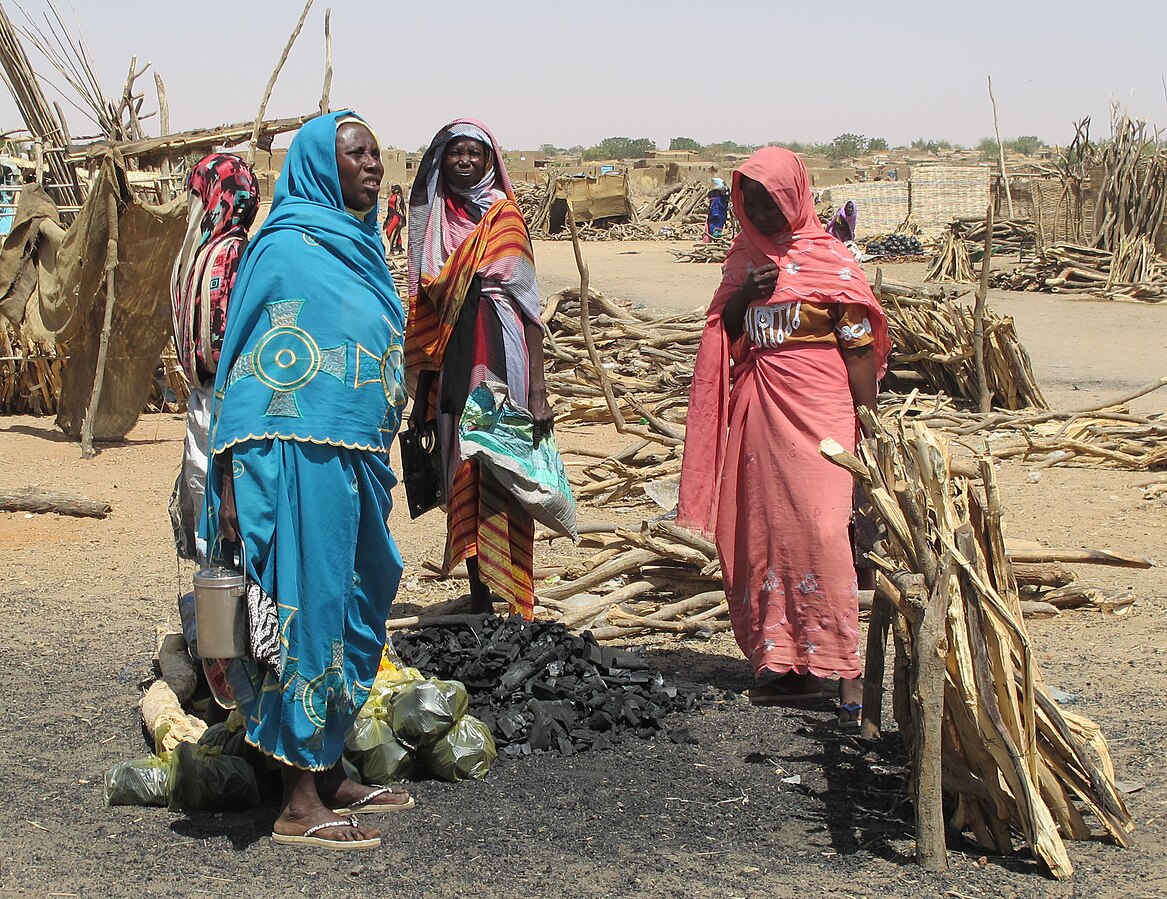Escalating Humanitarian Crisis in North Darfur
The United Nations has expressed deep concern over the deteriorating humanitarian situation in Sudan’s North Darfur region. The situation is described as “alarming” due to ongoing violence, a severe shortage of aid, and the increasing number of displaced people. This crisis has been exacerbated by recent attacks on civilian areas, which have further strained the already fragile conditions.
Recent Attacks and Civilian Impact
On Tuesday, a deadly shelling attack occurred in the Abu Shouk displacement camp, which was previously declared a famine zone. The incident resulted in three deaths and numerous injuries, highlighting the devastating impact of the conflict on civilians. According to U.N. Spokesperson Stéphane Dujarric, this tragic event serves as a stark reminder of the toll that the conflict is taking on the local population.
In addition to the attack on the camp, there has been a significant increase in displacement. The International Organization for Migration (IOM) reported that over 3,200 people fled the Abu Shouk camp and parts of El Fasher between June 26 and July 6. The violence is also intensifying in the Kordofan region, where nearly 800 people were displaced from Bara in North Kordofan just last week.
Challenges in Providing Aid
Despite the growing humanitarian needs, aid organizations are struggling to provide essential support. In North Darfur, aid workers are assisting over 1.7 million people with basic healthcare services. However, medical supplies are running critically low, making it increasingly difficult to meet the demands of the affected population.
A U.N.-led humanitarian convoy carrying 180 metric tonnes of relief supplies entered Darfur from Chad on July 6. This shipment aimed to assist nearly 400,000 people, but the overall aid operation remains underfunded. The U.N. has set a $4.2 billion response plan for Sudan, yet less than 25% of this amount has been secured. By mid-year, only $917 million has been received, leaving a significant funding gap that hampers relief efforts.
Call for Increased Support
The U.N. Office for the Coordination of Humanitarian Affairs (OCHA) has reiterated its call for safe and unimpeded access to affected areas. It urges the international community to step up its support for the millions of vulnerable people in Sudan. The situation is further complicated by the onset of the rainy season, which has led to heavy rains and rising dam waters. These conditions have triggered flash floods in Kassala State in eastern Sudan, adding another layer of difficulty to an already dire situation.
Ongoing Threats and Future Outlook
As the conflict continues to escalate, the humanitarian crisis in North Darfur shows no signs of abating. The combination of violence, displacement, and environmental challenges creates a complex and urgent situation that requires immediate attention. Aid agencies and the international community must work together to ensure that those affected receive the necessary support to survive and rebuild their lives.
The situation in North Darfur underscores the need for sustained global engagement and increased funding to address the multifaceted challenges faced by the region. Without adequate resources and coordinated efforts, the humanitarian crisis will likely continue to worsen, affecting countless lives in the months and years to come.







